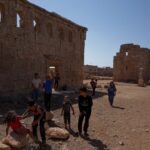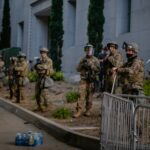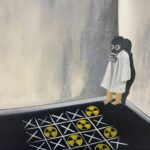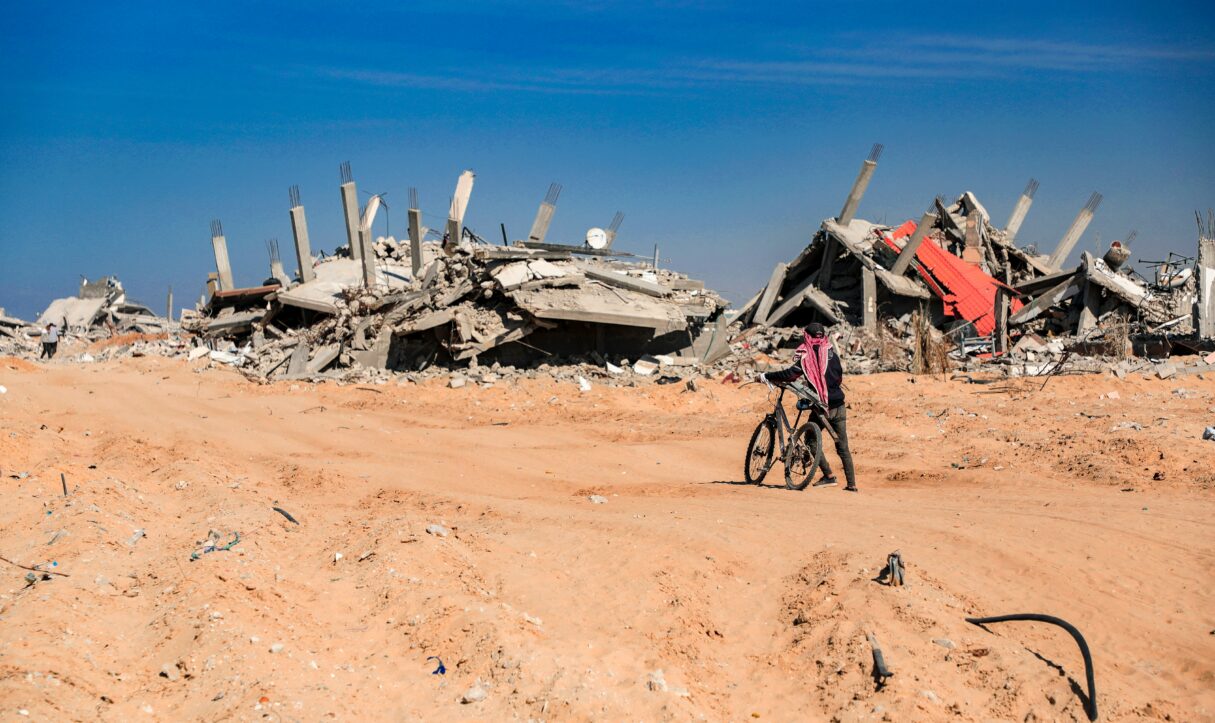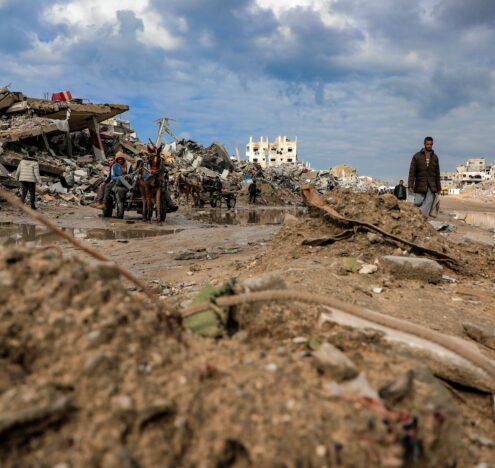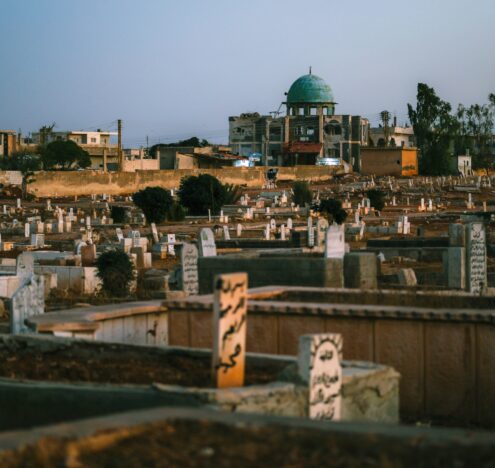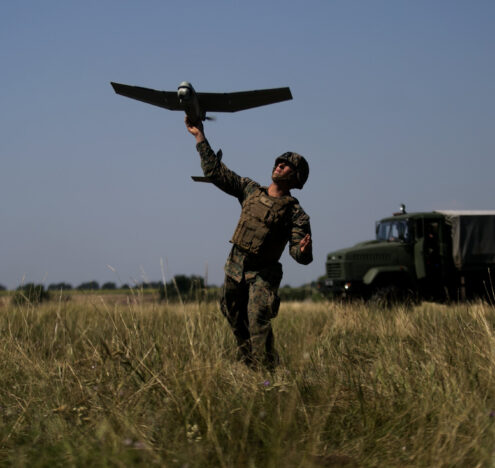In a scathing report, Human Rights Watch (HRW) accused Israeli forces of committing war crimes by routinely killing Palestinian civilians seeking food at US-backed aid distribution sites in Gaza. The report documented at least 859 deaths between May 27 and July 31, most caused by Israeli gunfire at four distribution centers operated by the Gaza Humanitarian Foundation (GHF), a private contractor working in coordination with the Israeli military.
“The dire humanitarian situation is a direct result of Israel’s use of starvation of civilians as a weapon of war,” HRW stated, calling the policy “a war crime” and further accusing Israel of “intentional deprivation of aid and basic services,” which it said amounted to “the crime against humanity of extermination, and acts of genocide.”
Belkis Wille, HRW’s associate crisis and conflict director, condemned the militarized nature of the aid system: “Israeli forces are not only deliberately starving Palestinian civilians, but they are now gunning them down almost every day as they desperately seek food for their families.” She added, “US-backed Israeli forces and private contractors have put in place a flawed, militarized aid distribution system that has turned aid distributions into regular bloodbaths.”
The GHF system was introduced in May 2025 following an 11-week total blockade of Gaza, which left the population without food, medicine, or basic services.
Israeli authorities claimed the new system was necessary to prevent Hamas from diverting aid, but HRW cited reporting from The New York Times indicating that Israeli military officials had no evidence of systematic Hamas interference in UN aid deliveries.
“This is not collateral damage.”
The report urged the United States and Israel to suspend the GHF system immediately and called on other states to pressure Israel to lift its sweeping restrictions on aid entry.
“States should press Israeli authorities to immediately stop using lethal force as a method of crowd control against Palestinian civilians,” HRW said, advocating for the UN and other humanitarian organizations to resume large-scale, unrestricted aid distribution.
The killings occurred in the so-called “Netzarim Corridor,” a central Gaza zone where displaced Palestinians were funneled to receive aid. HRW emphasized that the location and structure of the distribution centers forced civilians to cross active war zones, often under drone surveillance and sniper fire. The report described the system as a “death trap,” noting that it violated core principles of humanitarian law, including impartiality and accessibility.
The findings reflect broader trends in far-right digital discourse and militarized humanitarianism. Online influencers aligned with nationalist and pro-Israel ideologies have increasingly framed Palestinian suffering as collateral damage or justified retaliation, echoing state narratives that conflate humanitarian aid with security threats.
Meanwhile, critics argue that the GHF system mirrors dystopian models of aid control, where access to food becomes a tool of population management and forced displacement.
HRW’s report also referenced binding rulings from the International Court of Justice in South Africa’s genocide case against Israel, which ordered Israel to facilitate humanitarian aid and refrain from acts that could constitute genocide. The continued operation of the GHF system, HRW argued, directly contravenes those rulings.
The report concluded with a stark warning: “This is not collateral damage — it is a deliberate strategy to create conditions of life calculated to bring about the physical destruction of Palestinians in Gaza in whole or in part.” HRW called for international accountability and a complete overhaul of the aid system, insisting on the delivery of humanitarian relief in accordance with international law.
As Gaza becomes what the UN has called “the hungriest place on earth,” the HRW report adds to mounting evidence that the crisis is not merely a consequence of war, but a calculated policy of deprivation and lethal enforcement. The international community, HRW urged, must act swiftly to end the bloodshed and restore humanitarian norms.



